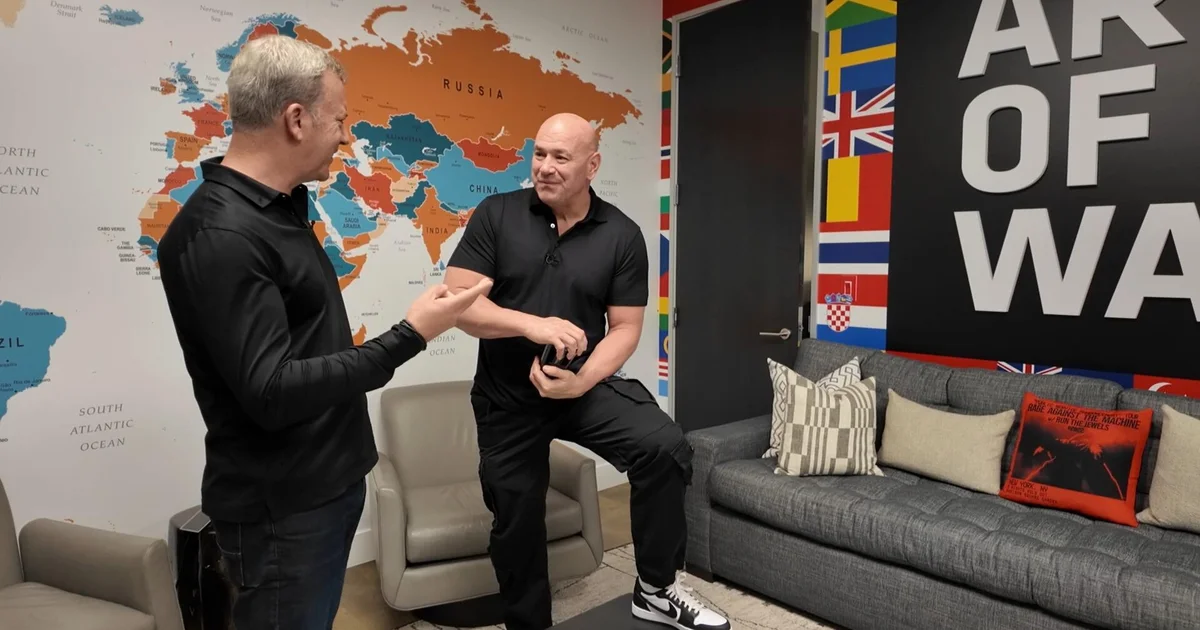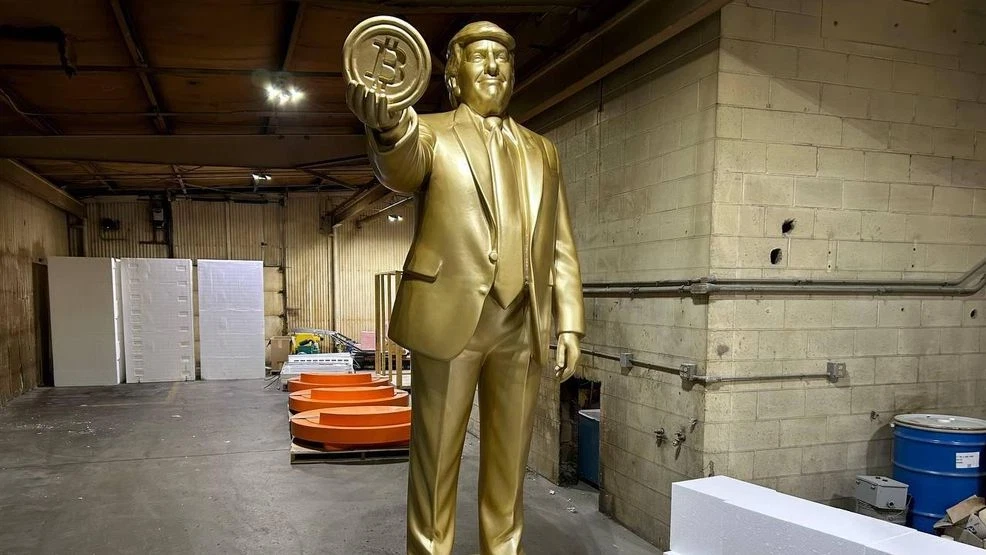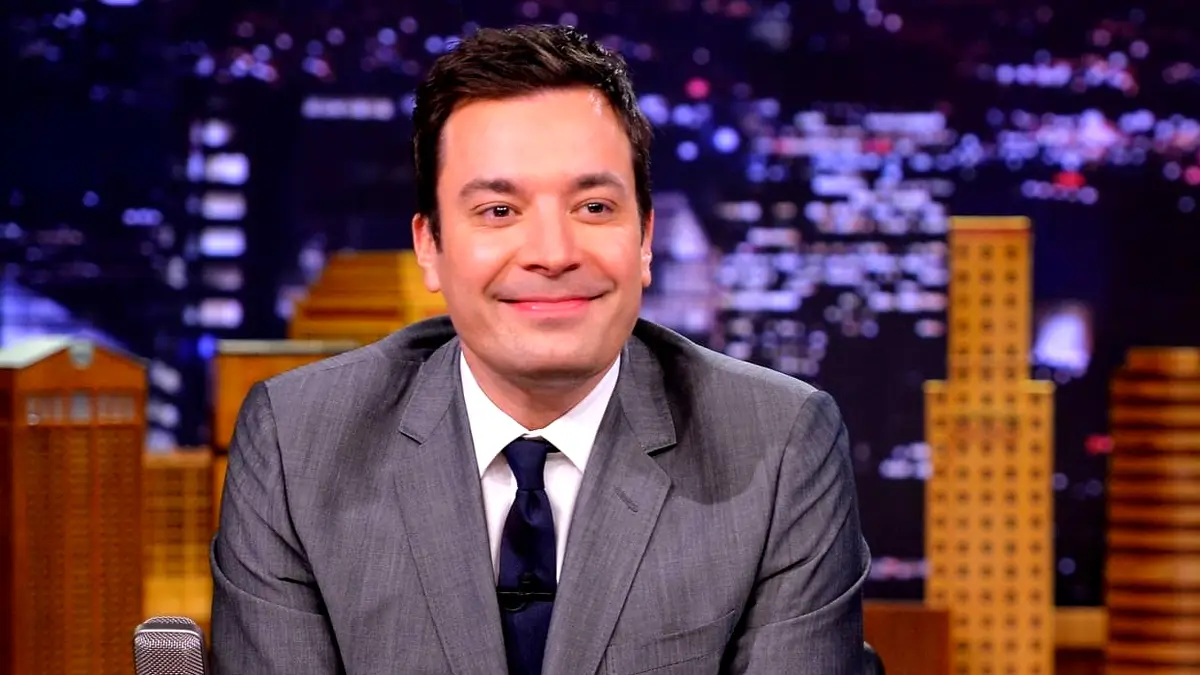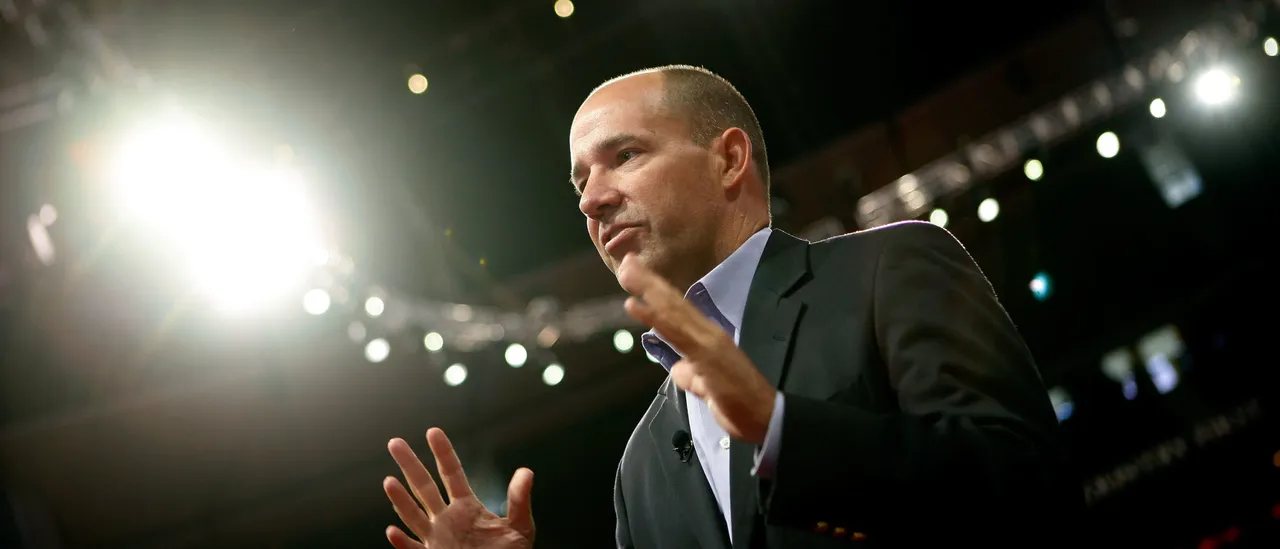How Dana White took the UFC from the margins to a mainstream league that counts Trump as a fan

Dana White’s business instincts first proved golden when he convinced two friends to help him buy the unprofitable and largely unsanctioned Ultimate Fighting Championship more than two decades ago.
White’s friends bought the UFC for $2 million, gave White a 10% stake, and asked him to run the business. Through force of personality more than any traditional playbook, White turned the mixed martial arts league – now part of the TKO conglomerate – into a global phenomenon. Today, the UFC is worth more than $15 billion, with 675 fighters under contract.
“I have a deal here that would make Roger Goodell and every other guy go, ‘Holy s–t,'” White, the company’s CEO, said, referring to the NFL commissioner.
White achieved this success, at least in part, by taking risks. 60 Minutes tagged along with White on a recent trip to the Bellagio in Las Vegas, where he posted up at a private baccarat table. Gambling with $400,000 hands, White was down $1.24 million at one point.
“I’m a sick, sick guy,” White said about what gambling feeds in him. “That’s the only explanation I can give ya.”
From unprofitable to a global league worth billions
Before coming to the UFC, White managed boxers in Boston, then fighters in Vegas in the fledgling sport of MMA, a brutal mash-up that includes kickboxing, wrestling and jiujitsu. He was in his 30s when he caught wind that UFC’s owners were on the brink of bankruptcy. His first call went to his two high school buddies, brothers Frank and Lorenzo Fertitta, Las Vegas casino heirs. The Fertittas put up the money to buy the then-struggling league.
In February 2001, White needed a home for the first fight of his regime, but most venues rejected him.
“They didn’t believe in it. They didn’t like it. And they were worried about the type of crowd that would show up for this type of event,” White said.
He was finally taken in by the Taj Mahal in Atlantic City and its then owner, fight fan Donald Trump. President Trump showed up for the first preliminary fight of the night and stayed to watch the whole card.
The company’s finances were so upside down in those early days that Lorenzo Fertitta called White and asked him to start looking around for a buyer. White thought their venture was done but Fertitta changed his mind.
“He calls me the next day and literally this is what he said to me. ‘F–k it. Let’s keep going,'” White said.
So they did.
In 2005, “The Ultimate Fighter”, a reality series about the UFC, helped draw in millions of fans with its storylines, while electric matchups and Joe Rogan on the mic kept it rolling.
Dana White: The 60 Minutes Interview
White imposed his will from the beginning. He recalls once kicking in the door to a live TV production truck when his directions weren’t followed.
“I was basically like, ‘You ever do this again, I’m firing every one of you,'” White said. “Long story short, we ended up firing everybody.”
By 2016, with the sport sanctioned in every state, the UFC sold for $4 billion to a group led by Hollywood talent agency WME-IMG – on the condition that White stay on as CEO. In August of this year, 60 Minutes’ parent company Paramount, a Skydance Corporation, offered the UFC $7.7 billion over seven years for U.S. media rights, putting the UFC right up there with other major sports leagues.
60 Minutes has been speaking with White for years about appearing on this broadcast, and this profile was in the works before Paramount Skydance recently paid almost $8 billion for the UFC’s media rights.
Dana White’s relationship with Trump and the White House
As the UFC has grown over the last two decades, President Trump has remained a loyal fan and frequent spectator. White said that when the two meet up, they don’t talk politics but instead “goofy guy stuff that all guys talk about,” like “Rocky” movies and combat sports.
Now President Trump, who once offered White a casino for hosting fights, has offered to host the UFC in his backyard. The league is set to stage a historic fight at the White House next summer.
“Everybody wants to fight on the card,” White said.
This won’t mark White’s first trip to the halls of power. He got the equivalent of a cage-side seat at President Trump’s second inauguration, sitting directly behind former presidents.
“President Obama turned around, the only president that did.,” White said. “And shook my hand, and said, ‘Congratulations on all your success.’ And I said, ‘Thank you very much, Mr. President.'”
White’s cultural impact
While the UFC was a renegade league operating on the fringes when White took over, the CEO and his sport have penetrated the defense of mainstream culture.
Cage fighting has always celebrated male bravado. Though White is intent that more women than ever follow the UFC, his fan base is largely male, aged 18-34.
“We are definitely unapologetically masculine,” White said.
While athletes in most sports can be suspended for offensive speech, that’s not the case in the UFC.
“Unfortunately probably the most important speech to protect is hate speech,” White said, calling himself a believer in free speech.
White bristles when asked about cancel culture. “I hate it. On both sides.” White said.
“It’s like all the stuff that’s going on with Charlie right now,” White said, referring to comments made about conservative activist Charlie Kirk in the wake of the 31-year-old’s assassination at a Utah Valley University event. Those comments have ignited a free speech battle, with some critics of Kirk being fired from their jobs. .
“People make mistakes,” White said. “I don’t like trying to destroy people’s lives over doing something dumb.”



